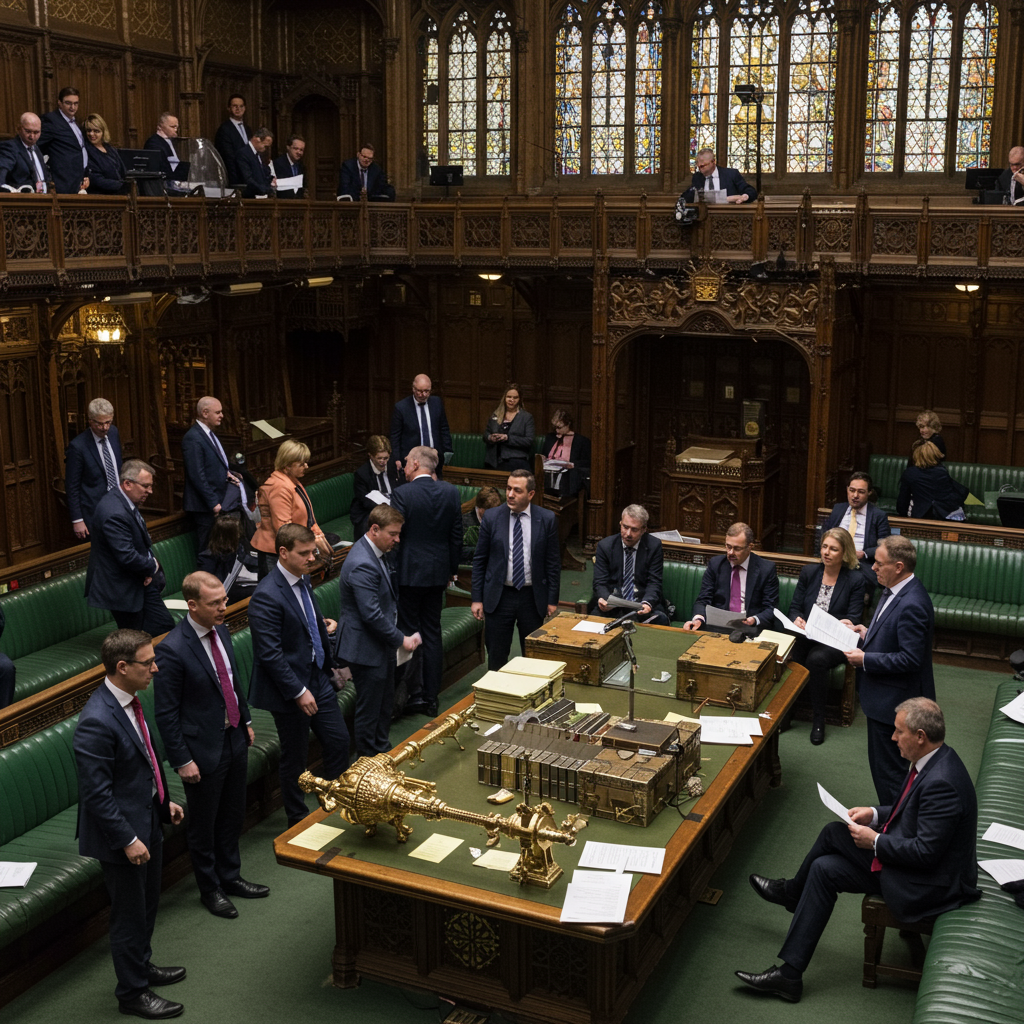Following a series of U.S. military strikes targeting key Iranian nuclear facilities, former President Donald Trump took to social media on Sunday to comment on the operation’s success and controversially suggest the possibility of leadership change in Tehran.
Writing on Truth Social, Trump questioned the future of Iran’s leadership, stating, “It’s not politically correct to use the term, ‘Regime Change,’ but if the current Iranian Regime is unable to MAKE IRAN GREAT AGAIN, why wouldn’t there be a Regime change???” He concluded the post with “MIGA!!!” mirroring his own political slogan.
Details of the ‘Monumental’ Strikes
The strategic U.S. strikes, which took place on Saturday, June 21, 2025, hit nuclear sites in Fordow, Natanz, and Isfahan. President Trump declared the operation a “spectacular military success,” praising the skill of the U.S. forces.
Trump announced the safe return of the B-2 stealth bombers involved in the attacks to Whiteman Air Force Base in Missouri, expressing gratitude to the pilots for a “job well done.” He asserted that the damage inflicted on the Iranian nuclear sites was “monumental,” describing the hits as “hard and accurate” and pushing back on skepticism regarding the operation’s effectiveness.
Sources indicate the complex mission, code-named “Operation Midnight Hammer,” involved a significant air and naval component. Over 125 aircraft participated, including seven B-2 stealth bombers, multiple fourth and fifth-generation fighters, dozens of refueling tankers, and a guided missile submarine. A full array of intelligence, surveillance, and reconnaissance aircraft also supported the operation.
The strikes reportedly utilized B-2 bombers dropping a number of Massive Ordnance Penetrators (MOPs), also known as “bunker busters,” designed to hit deeply buried targets like those found at Fordow. A U.S. Navy submarine simultaneously fired over two dozen Tomahawk land attack cruise missiles. Officials confirmed this marked the first operational use of the MOP bomb.
Joint Chiefs Chairman Gen. Dan Caine described it as a “complex and high-risk mission,” noting that operational security and the use of decoys were crucial to maintaining surprise. Initial assessments suggested “extremely severe damage and destruction” at all three targeted sites, with Defense Secretary Pete Hegseth later asserting the strikes had “devastated” and “obliterated” Iran’s nuclear ambitions and achieved “destruction of capabilities” at the primary target site. Gen. Caine also noted Iran did not deploy fighters or surface-to-air missiles during the operation, indicating the element of surprise held.
Differing Perspectives and Reactions
While Trump publicly mused about regime change, officials within his administration appeared to distance themselves from this as a core objective. Defense Secretary Pete Hegseth explicitly stated the mission “was not and has not been about regime change,” a sentiment echoed by Senator JD Vance, who clarified the U.S. is focused on countering Iran’s nuclear program, not war with Iran itself.
Estimates on the strike’s long-term impact varied, with one former official suggesting it could set back Iran’s program by 2-5 years, pending a full damage assessment, though others noted the long-term effect remains debated.
The operation drew sharp criticism domestically. Rep. Jim Himes, a ranking Democrat, called the strikes a “massive gamble,” cautioned against premature declarations of success by drawing parallels to past U.S. interventions in the Middle East, and warned of potential escalation. Himes also voiced strong concern over the strikes being undertaken without congressional approval, asserting Congress holds the constitutional authority to declare war. The decision process reportedly followed failed diplomatic efforts by special envoy Steve Witkoff, with Trump giving the final order to Defense Secretary Hegseth after being briefed daily.
Internationally, the strikes received support from the Israeli government, with Prime Minister Benjamin Netanyahu reportedly applauding the action. Israel has advocated for stronger U.S. measures against Iran, claiming Tehran was nearing nuclear weapons capability—a claim Iran has consistently denied.
In response to the U.S. attacks, Iran retaliated with missile strikes targeting Israel. Iranian President Masoud Pezeshkian conveyed to French President Emmanuel Macron that the U.S. aggression necessitated a response.
Despite the aggressive nature of the strikes and his “MIGA” rhetoric, Trump concluded one statement by saying, “Now is the time for peace,” adding a contrasting note to the heightened tensions.



